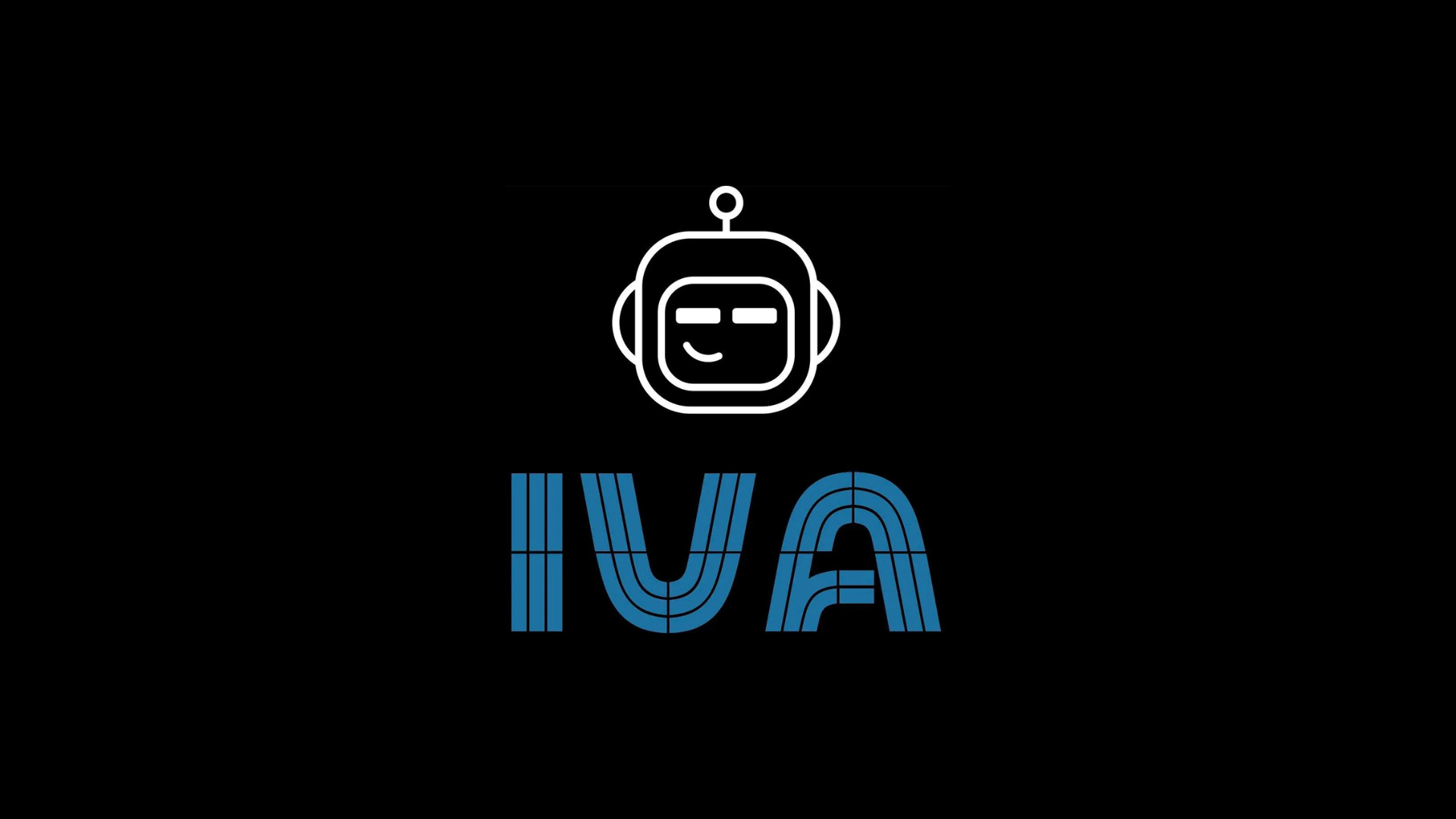IVA: The future is now
Mark Chamberlain
2022-05-27

Virtual assistants have come a long way since their debut more than 20 years ago. But today, any Conversational Artificial Intelligence, still gets a bad rap.
Ask your everyday customer about their experience with an automated journey, and it’s likely you’ll hear the same old complaints: I really just needed to talk with a real person… I was sent around in circles… It took forever to get a straight answer...
It’s fair to say ‘chatbots’ have rightly earned a bad reputation with consumers.
But thanks to state-of-the-art technology and the wealth of data now at our fingertips, those days are finally behind us. Chatbots are out, the Intelligent Virtual Assistant (IVA) is in. And this isn’t the stuff of the future – Lokulus’ advanced, reliable virtual assistant, IVA is here today.
Welcome to the future
Despite their previous poor reputation chatbot awareness is growing with 88% of consumers having at least one engagement with a chatbot in 2021*
It’s not just about telephony anymore. Bots instinctively work anywhere in the written world, within any platform a customer wants to use – whether that’s a website, Facebook Messenger, Twitter, WhatsApp – whatever. There’s also Alexa, Siri and Cortana, of course. Each firmly established within millions of modern households.
The big benefit to a business? Being able to assist customers, 24/7. With some simple diagnostic signposting, this super intelligent software knows precisely what stage in a journey a customer’s in, and how best to solve their particular problem.
It can also gauge the sentiment of a customer. Combining historical insight; Are they happy, having recently left a glowing review? Or kind of angry, having emailed already and not had a reply? together with the tone of their current conversation, the IVA knows, adjusting tone to suit.
And believe it or not, IVA can detect if a query would be more appropriately resolved by a human, automatically patching the consumer straight through to an available agent or offering a call back if the wait time is likely to be excessive.
Take modern banks as an example. How often do you need to go into a branch? Nowadays, most of our banking needs get handled via apps. Even cheques can be deposited digitally. But sometimes, some human interaction is the best way forward – we have no desire to replace it – and that’s where a bot will step down (and why banks are still on the high street).
IVA sweats the small stuff
Rather than threaten our jobs, bots can improve them, taking up the slack when it comes to mundane, time-consuming tasks. Leaving a human agent less overwhelmed with these repetive tasks, creating time to focus on more complex customer queries. That makes for improved employee satisfaction and ultimately, customer satisfaction to boot. It’s a business win-win.
In 2022, perhaps more than ever, customers need empathy. Research shows 71% of customers expect personal interaction, with 76% admitting frustration when they don’t get it. Get personalisation right, and your company can generate 40% more revenue. ** Not figures anyone can afford to ignore.
IVA gets personal; connecting seamlessly with business data to confirm identity further enhances security and improves consumer confidence, allowing for simple self-service and seamless interactions. And the more data a bot receives, the more relevant the questions it can ask. It can guide a conversation with ease, when needed.
Yes, our bots are becoming more human. But not in a creepy way. They’re not alive, but they are able to offer a concierge service. They can cut to the chase, half knowing what it is you want to do, or what they can help you with. And as this technology proves how reliable it is, it becomes easier to trust – something every brand and customer will benefit from.